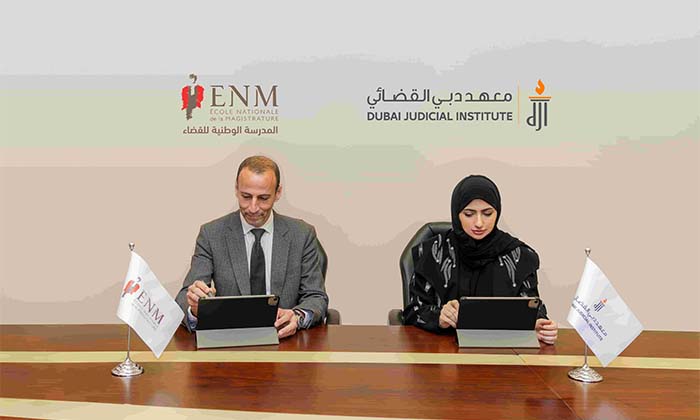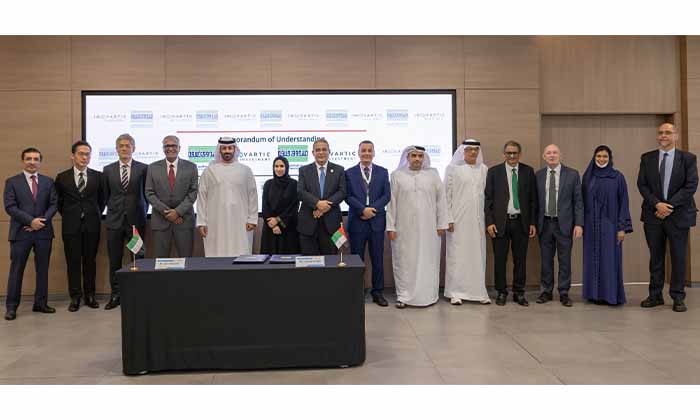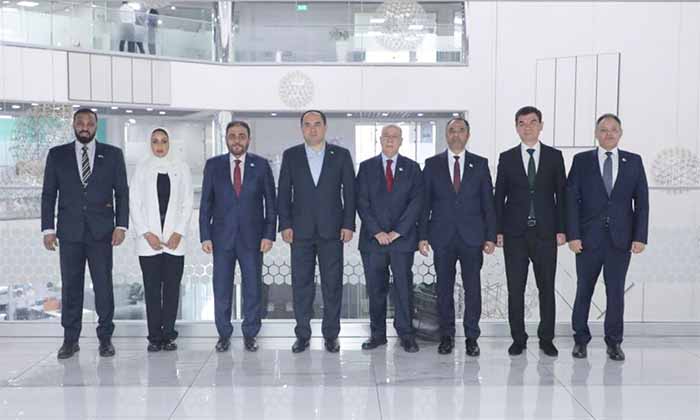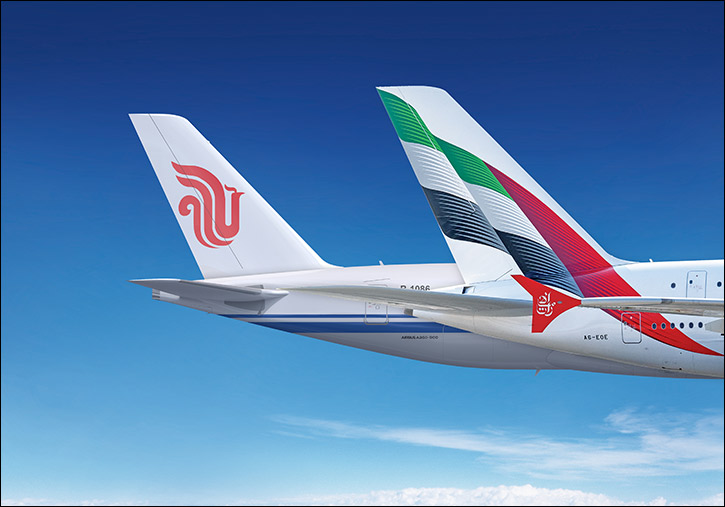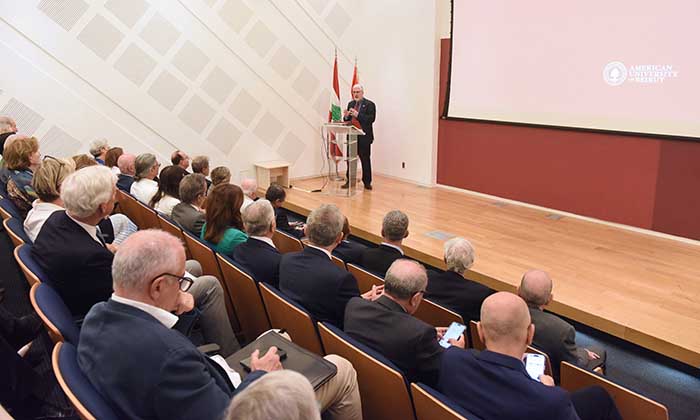Crisis management measures and financial guarantees will be part of a new tourism law unveiled by the Saudi Cabinet to boost a “renaissance” in the sector.
The incoming regulatory system, which will help tourism’s development in line with Saudi Vision 2030’s objectives, addresses the development of the regulatory and legislative environment of the sector.
The changes include measures to manage crises, ward off risks, and provide financial guarantees for certain tourism activities, strengthening the relation between investors, tourists and relevant authorities.
Overall tourism spending in Saudi Arabia, including residents and foreigners, rose 52 percent in 2021 to SR95.6 billion ($25.5 billion) from SR63.4 billion the previous year, data published by the Saudi Central Bank, also known as SAMA, revealed earlier this month.
“The new system will enable us to carry out our tasks to ensure the provision of high-quality services that enrich the experience of the tourist and visitor and enable us to attract investments and supervise the sector efficiently and effectively,” Saudi Minister of Tourism Ahmed Al-Khateeb said on his Twitter account.
“The new system will contribute to a qualitative renaissance of the Saudi tourism sector and its development in line with the objectives of the Saudi Vision 2030,” he added.
In a separate statement, Al-Khateeb added: “This law follows the Kingdom’s recent announcement of the Regional Tourism Development Councils Regulation, a major milestone in advancing Saudi Arabia’s National Tourism Strategy. The regulation will accelerate the development of tourist destinations in the various regions, including NEOM, Al-Soudah, the Red Sea, and Diriyah Gate.”
The new system includes a set of articles related to the licensing of activities, their classifications, standards, requirements, and control over them, while also providing sufficient flexibility for the sector, according to the Saudi Press Agency.
It aims to support and facilitate the completion of procedures for obtaining licenses for hospitality facilities and other tourism activities.
All tourism activities will now be processed through a comprehensive service center.
The minister of tourism explained that the regulatory system comes as a culmination of the sector’s reform process, as it was built based on the best international practices selected from the World Economic Forum’s Travel & Tourism Competitiveness Index.
“This system is not enough, it provides solutions to current problems, but sets a future vision for tourism patterns that may arise later,” Al-Khateeb said.
The Ministry of Tourism also intends to provide a set of incentives, such as the exemption from taxes or customs duties after the approval of the concerned authorities.
There will also be a database providing statistics and information on all aspects of the tourism sector in the Kingdom.
The Cabinet also gave the green light for transfer of ownership of assets, as well as financial and contractual liabilities and rights related to healthcare services provided by the Ministry of Health, to Health Holding Co. or any of its subsidiaries.


